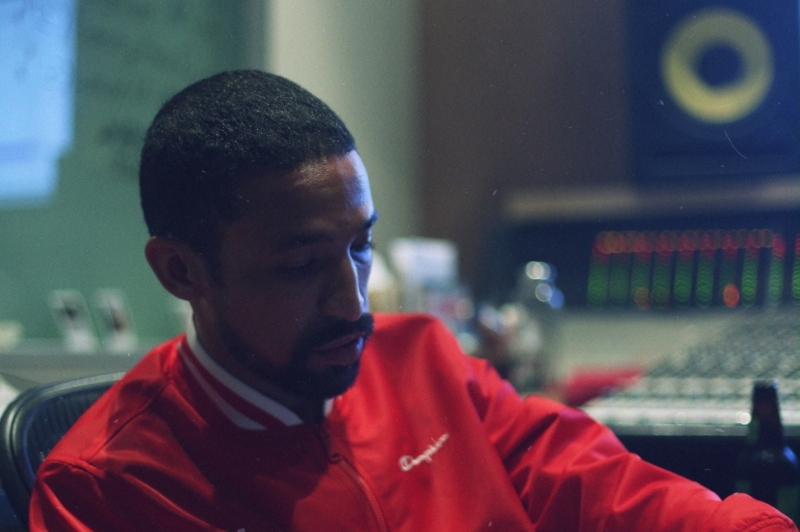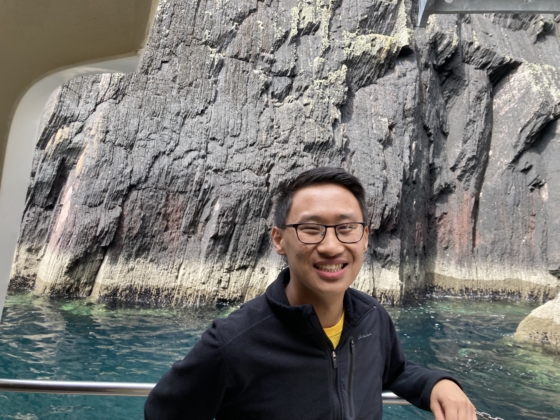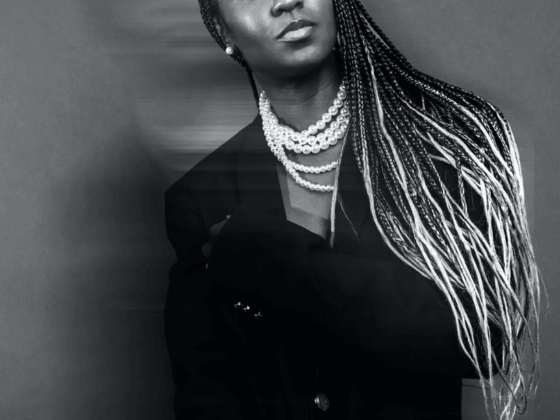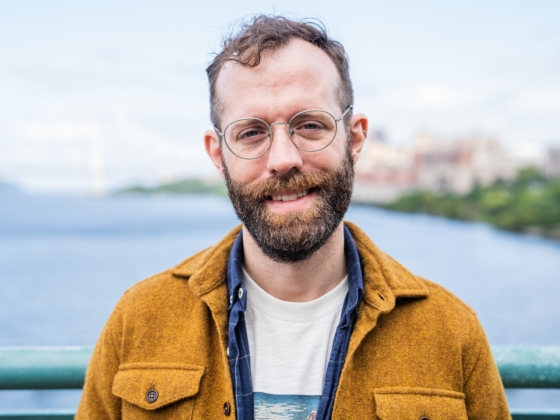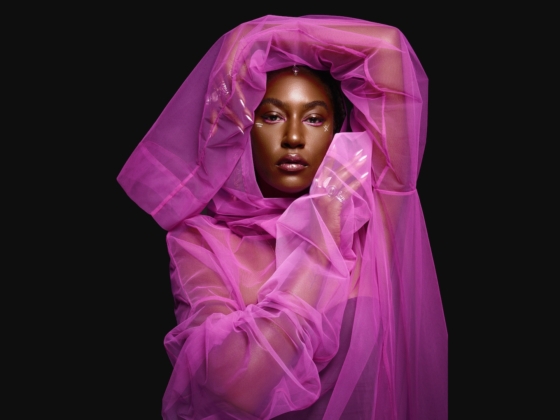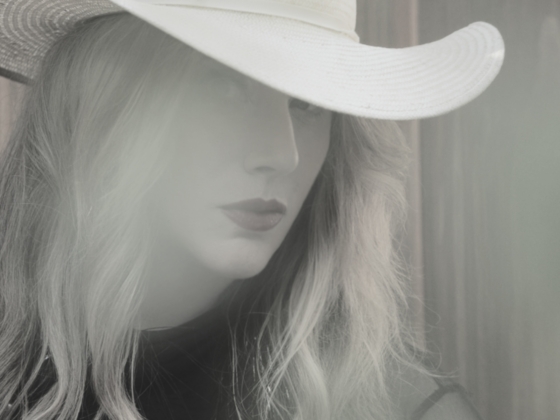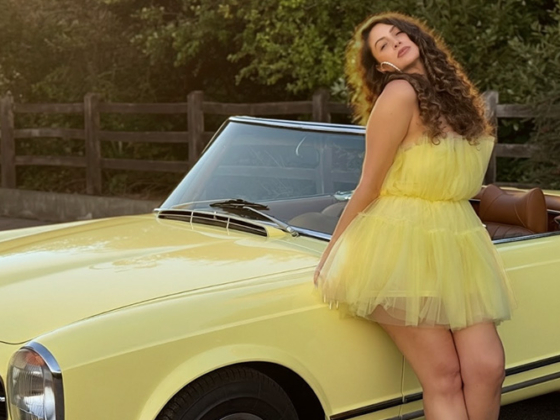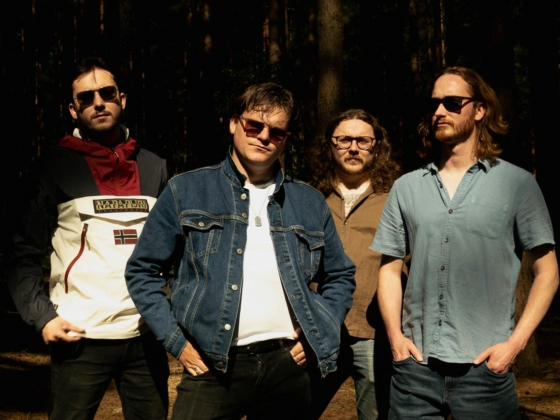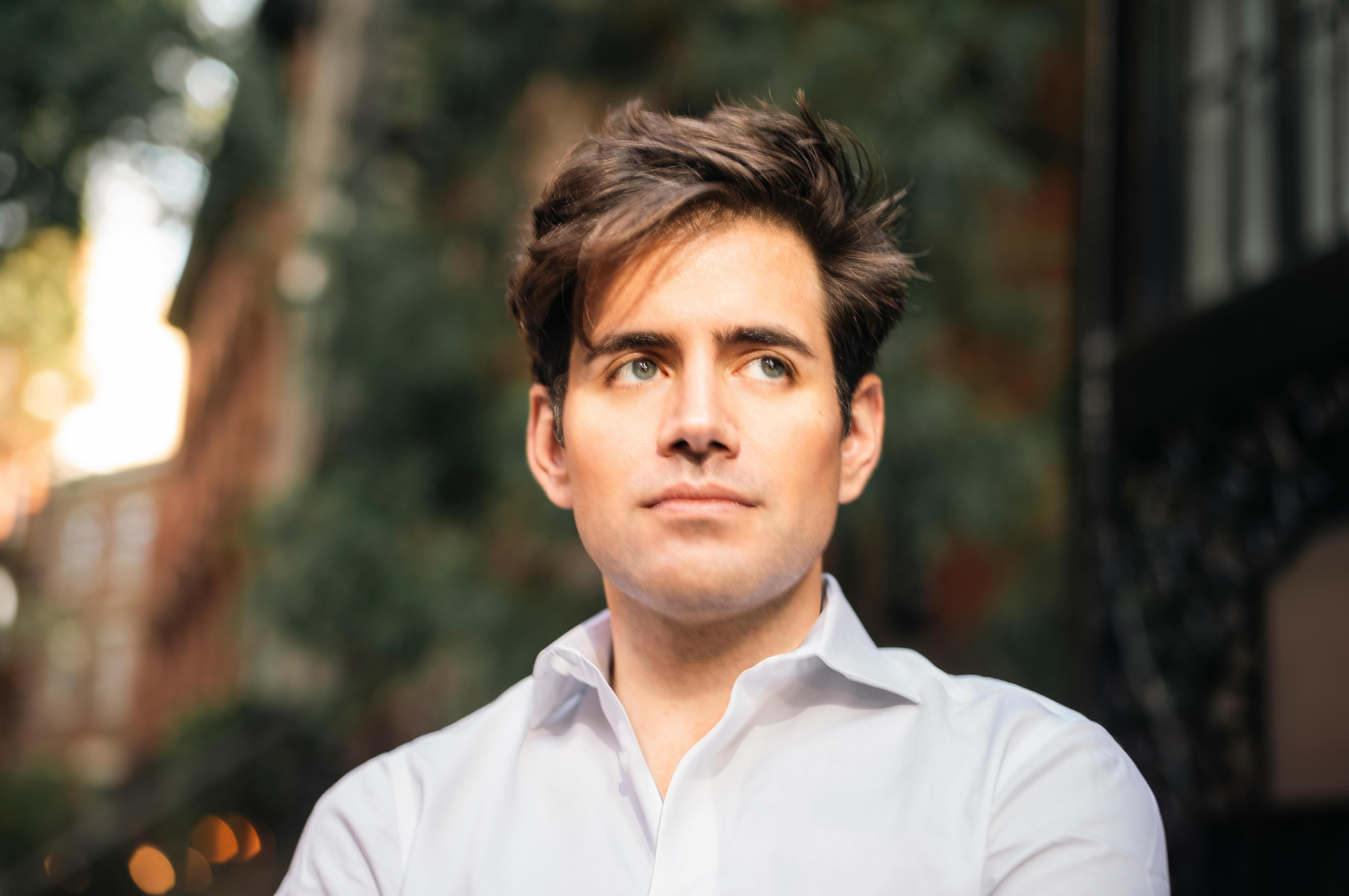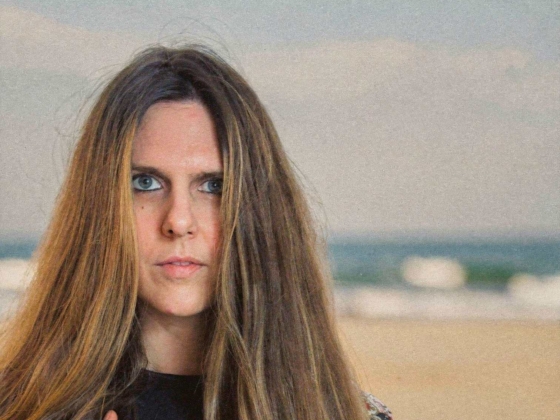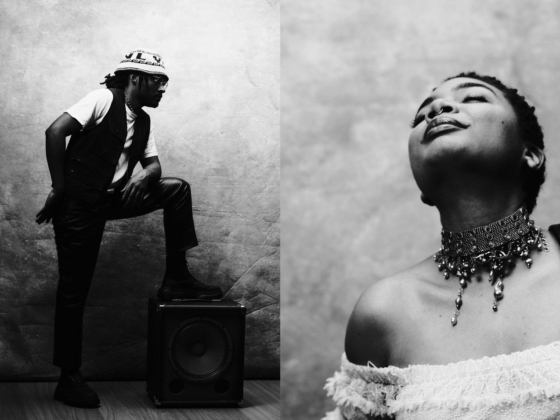Los Angeles based producer AXL FOLIE has had a prolific career, transforming the hip hop musical landscape while collaborating with the likes of Kendrick Lamar, Drake and Nipsey Hussle to name a few. The Grammy-nominated producer is known for his deeply creative touch, shaping full albums not just singles. His creative process is stacked with intention, connection and love, leading to a catalog that includes platinum plaques.
On the heels of an exciting collaboration with Leon Thomas, AXL FOLIE sits down with Earmilk chatting about his insane career, being on stage with Kendrick Lamar and unique ability to not chase trends.
Hi AXL FOLIE, tell us more about how you got into music and when you knew this was what you wanted to do with your life?
I started making music around 12 or 13. My school had this beat-making program called Hammerhead, and I began creating beats in computer class. At 15, I entered a beat battle with 1,500 or Nothing — it was like an 8 Mile moment. I went up against a producer named Notch, who’s super dope, and everybody was rocking with my sound. I ended up winning, and that was the moment I knew I wanted to do music for the rest of my life.
You’ve been a part of some of the most influential projects in hip-hop and R&B, what do you think defines a timeless record?
For me, timeless music is about forever. I never cared about just having a lot of big records — I always wanted one that would play decades later, even if I wasn’t here. A timeless record is a classic, the kind of music that lives on in people’s hearts long after the moment has passed.
Your partnership with Leon Thomas on Electric Dusk and Mutt seems pivotal. What makes your creative chemistry with Leon so unique?
Leon is one of those rare artists who can both play instruments and really sing without Auto-Tune. That’s huge for me, because I’m particular about tone — if it doesn’t feel right, I won’t give out my beats no matter the clout. When I first heard Leon, I didn’t even know who he was or that he was on Nickelodeon. I just loved his voice. On top of that, he plays instruments, and we both use Logic, which made our workflow effortless.
You’ve said your upcoming project isn’t about stacking features but about intention. Can you expand on what that intention looks like when working with artists like Cardi B and Jhene Aiko?
This album has been in the works for six years. Originally, Nipsey and I were putting songs together as side tapes while Victory Lap was coming out. After he passed, it became important to me to bring the OGs back, make the music sound right with today’s technology, and treat it with respect. That’s the intention: not chasing features, but honoring the music, the process, and the people we built with.
As a producer who doesn’t chase trends, how do you stay inspired and innovative in such a fast-moving industry?
I know about the trends — I’ll listen, maybe experiment with some drums, but I don’t chase them. Inspiration for me comes from being around people who are working every day. I spend time at Mike & Keys’ studio because the energy keeps me motivated. If I’m alone, it’s harder to stay in that zone.
What’s one moment or track in your career that felt like a turning point, where you knew you were doing something special?
Being on stage with Kendrick when he performed m.A.A.d city on New Year’s Eve was unforgettable. Seeing the crowd’s energy pushed me to get back in the lab. But the real turning point was producing Collard Greens and Double Up. Double Up especially made me feel like, “Okay, I’m not just a producer — I’m an artist.”
How has your role evolved now that you’re stepping more into executive producer territory?
It’s a whole different challenge. Producing is about the sounds, but executive producing means dealing with people, negotiations, deadlines — all of it. What’s wild is that I now find myself directing people who taught me everything I know. It’s brotherly, but also funny — little bro grew up. My job is to make sure everyone brings their A-game, even if that means cutting songs or pushing back deadlines.
In a landscape where streaming often prioritizes singles, how do you maintain a commitment to album craftsmanship?
Social media can distract you into chasing trends, but I stay focused on the bigger picture. Albums, to me, are about timeless music and telling a story. I’ve told artists before: the first album should be your story — save the feature-heavy projects for later. That’s how you create something that lasts.
Looking ahead, what do you hope your legacy as a producer says about you, not just musically, but personally?
Whatever you do, make clean music and do it with intention. Don’t just make beats for attention or money — ask yourself, what’s the purpose behind these frequencies? Are we making love, reducing hate, or just adding noise? Music shapes energy, and I want my legacy to reflect purpose and intention, not just sound.
What's next for AXL FOLIE?
What’s next is greatness, peace, and blessings — staying humble and locked in. I’m working with Ricky on his TAC album, finishing the Nipsey Hussle project, and doing more with Leon. I’ve also been in with The Game on The Documentary 3. That’s what I’ve got up my sleeve right now.
Connect with AXL FOLIE: INSTAGRAM

